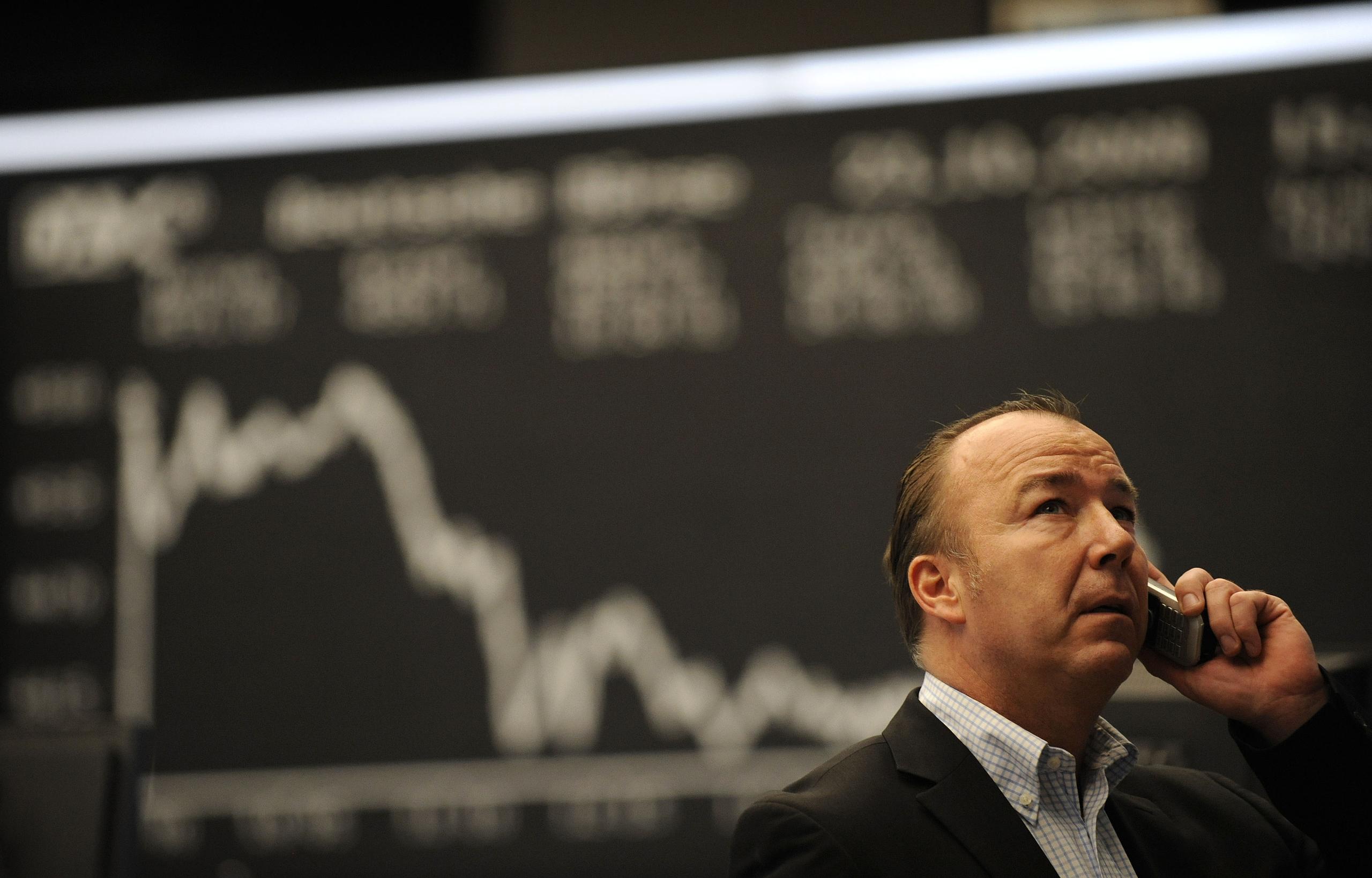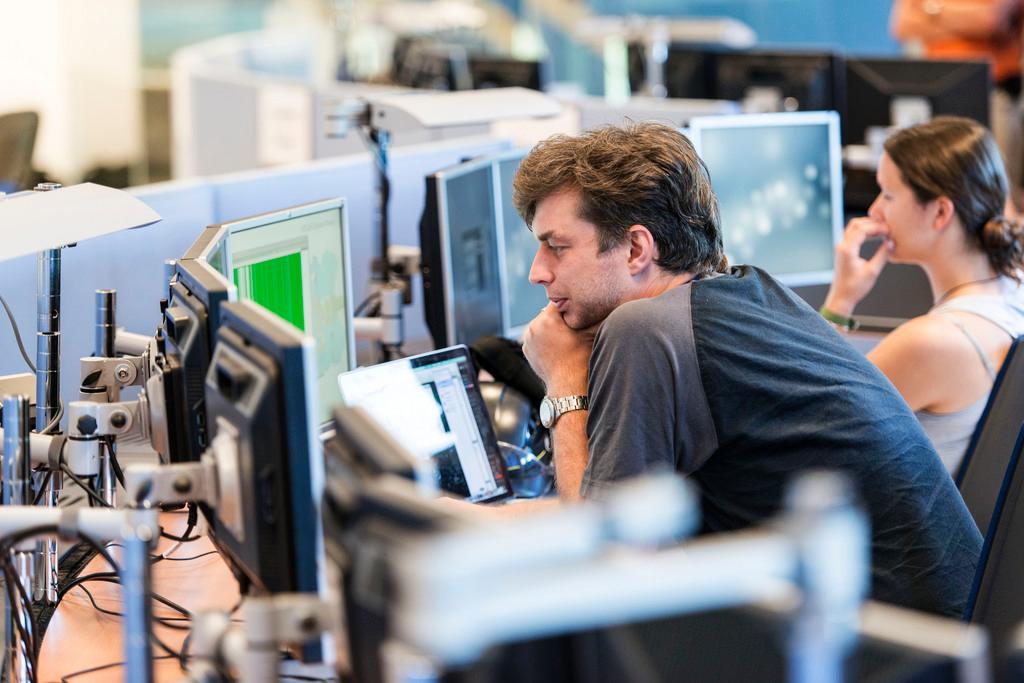Soaring franc forces Tech Mahindra rethink

Fresh from announcing the takeover of Genevan banking IT specialists SofGen, Tech Mahindra - one of India’s biggest IT services companies - is now contemplating how to run its newly acquired Swiss business in the face of a rapidly appreciating franc.
Tech Mahindra Chief Executive and Managing Director CP Gurnani told swissinfo.ch that some cross-border services may have to be run from the eurozone if the franc continues its expected high exchange rate value against the European single currency.
Tech Mahindra announced the buyout of SofGen on January 9 for a reported $30-$50 million. But only a week later the Swiss National Bank (SNB) said it would abandon its CHF1.20 exchange rate ceiling, sending the Swiss currency to vuirtual parity with the euro.
Servicing Swiss banks from SofGen’s Geneva base will not present a problem, but Gurnani also has ambitions to keep pushing the banking IT service company’s business in other countries.
“If my earnings and expenditure are in Swiss francs then I am alright with that,” CP Gurnani told swissinfo.ch at the World Economic Forum in Davos. “But I would be doing business with neighbouring countries and that would not be competitive, so I would have to balance it. My plans have been moderated and realigned considering the recent shock in the market.”
“We would continue to grow our Swiss business and our base in Switzerland. SofGen would continue to be a Geneva headquartered company,” he added. “But if I have to serve our customers in Europe I would have to look across the lake. Some of the businesses which needs to be serviced in Europe will have to build some capabilities outside of Geneva.”
Big IT contracts
It is not all bad news for the Indian firm. Gurnani believes that the franc will stabilise over time while the strong currency has boosted the cash reserves and purchasing power of Swiss companies, some of whom (like Nestlé) are already clients of Tech Mahindra.
Swiss banks and other firms have been busy outsourcing their IT requirements to outside providers, many of whom are Indian companies. According to the State Secretariat for Economic Affairs (Seco) these Indian contracts were worth CHF445 million ($512 million) in 2012.
But Indian firms have been reluctant to build up a permanent infrastructure in Switzerland in the shape of offices and equipment. Foreign direct investment (FDI) from India to Switzerland totaled just CHF750 million between 2011 and 2013. Only around 100 Indian firms are physically present in Switzerland. But Seco believes that around 300-400 more could make the move in the next decade.
“Europe is clearly a focus market for us that drives about 35% of our revenue,” said Gurnani. “We have grown a lot in Europe, and Switzerland is clearly a market where we want to grow a little harder. We have put our money where our mouth is.”
Cyber attack fears
The SofGen buyout also gives Tech Mahindra access to eight of the 10 biggest wealth managers globally. Analysts have identified that traditional private banks are crying out for a digital overhaul, allowing their wealthy and highly mobile clients access to information and advice on the move.
Last year’s Capgemini/Royal Bank of Canada World Wealth Report found that half of the world’s multi-millionaires currently use digital channels for private banking activities. Two-thirds might leave their bank if their growing demands are not met in the next five years.
But one of the reasons some private banks have been reluctant to engage in digitals channels so far, aside from cost, is the fear that it could compromise security. Late last year the Cantonal Bank of Geneva was hacked by blackmailers who demanded €10,000 or they would release confidential client data.
The bank refused but later said the information made public by the hacker was of limited commercial value. Outside of Switzerland, the Sony hacking scandal also highlighted the dangers of cyber attacks.
“Digital platforms give you flexibility but it also gives you an area of concern,” Gurnani said. “Tech Mahindra will allow flexibility, openness and transparency but at the same time make it very secure. You can be safe, but never 100% safe. However, we have a robust track record in security.”
India at WEF Davos 2015
Gurnani was part of a roughly 120-strong contingent of Indian delegates to attend the World Economic Forum at Davos this year, boosted by a growing confidence in their country’s economic prospects compared to a year ago.
Indian Finance Minister Arun Jaitley told one debate that he was confident that India’s annual economic growth would get back to 9% levels within the next three years.

In compliance with the JTI standards
More: SWI swissinfo.ch certified by the Journalism Trust Initiative










You can find an overview of ongoing debates with our journalists here . Please join us!
If you want to start a conversation about a topic raised in this article or want to report factual errors, email us at english@swissinfo.ch.